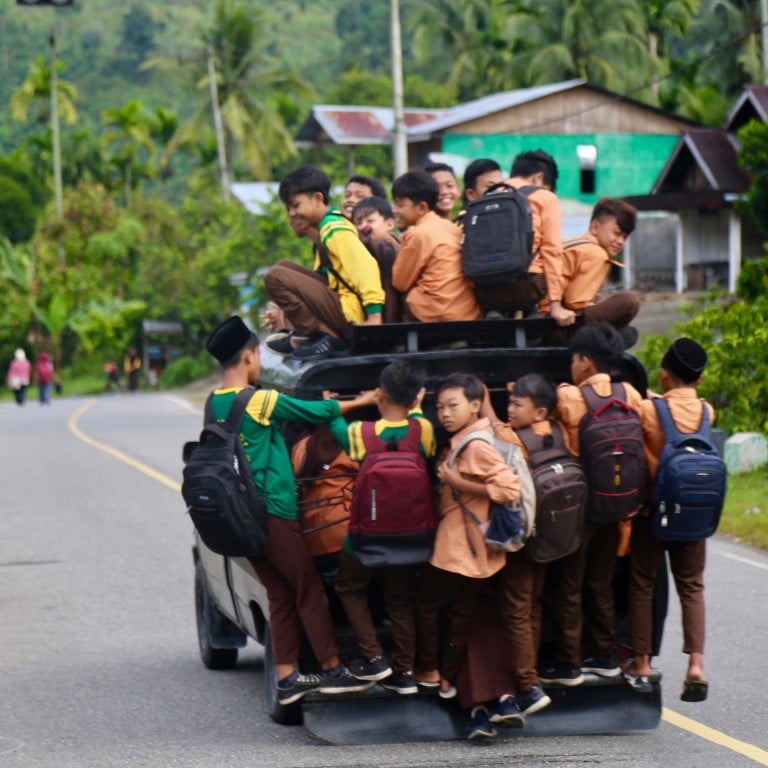
The truth about travelling in Aceh, Indonesia’s marijuana-crazy, ultraconservative Muslim-majority province, where sharia law rules
- The semi-autonomous province in Indonesia is known for its Muslim conservatism, but as the Post discovers, Aceh guys love to party
- From marijuana-laced food to alcoholic ‘milk’ and friendly locals, a trip through Aceh is a pleasantly eye-opening experience
Recently, 23-year-old Australian Bodhi Mani Risby-Jones made global headlines after he attacked a local fisherman during a drunken, naked rampage in Aceh, an ultraconservative Muslim-majority province on the western tip of Sumatra island, in Indonesia.
Described by Amnesty International Indonesia executive director Usman Hamid as “cruel, inhuman and degrading treatment” that “may amount to torture”, public flogging is frequently doled out in Aceh for apparently benign crimes such as playing live music, mingling with the members of the opposite sex, drinking alcohol, gambling, cross-dressing and same-sex relationships.
Last year, a woman collapsed twice while being flogged 100 times for adultery, and in 2018, two men were flogged for playing a children’s game considered a violation of sharia law. In the same year, the Aceh administration debated in parliament the introduction of beheading as a punishment for murder, although nothing came of it.
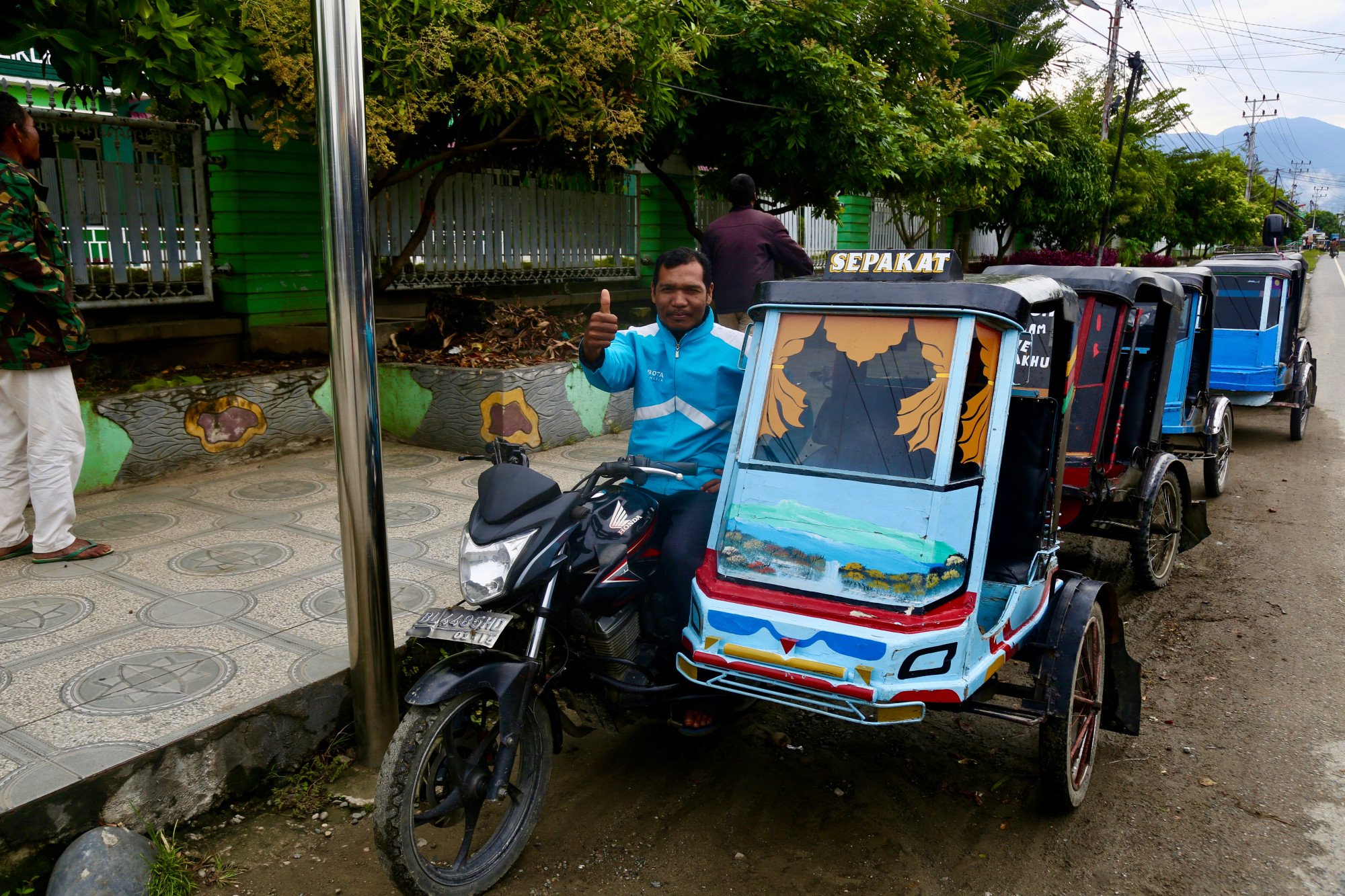
After striking a compensation deal with his victim for US$20,000, Risby-Jones will be allowed to return home without serving any additional time after his remand period. But the incident has reinforced the image of Aceh as a backward, primitive place populated by extremists and fanatics where foreigners should not dare tread. But is that a fair assessment?
Before Risby-Jones disgraced himself, I visited Aceh.
Bali in no mood to tolerate unruly visitors as it lures retirees, health buffs
I arrive in Lhokseumawe, a port city on Aceh’s northern coast where a German tourist was temporarily detained by religious police in 2016 for wearing board shorts on a beach. I, too, have an issue with my swimming attire, while doing laps at the pool at the Lido Grand Hotel, when I am asked by a staff member to wear a pair of shorts over my Speedos.
The next day, I ride a rented motorcycle westwards.
Non-Muslims are not allowed inside so I instead walk around the building, rebuilt 142 years ago after a fire, with its seven domes, eight minarets and 32 pillars.
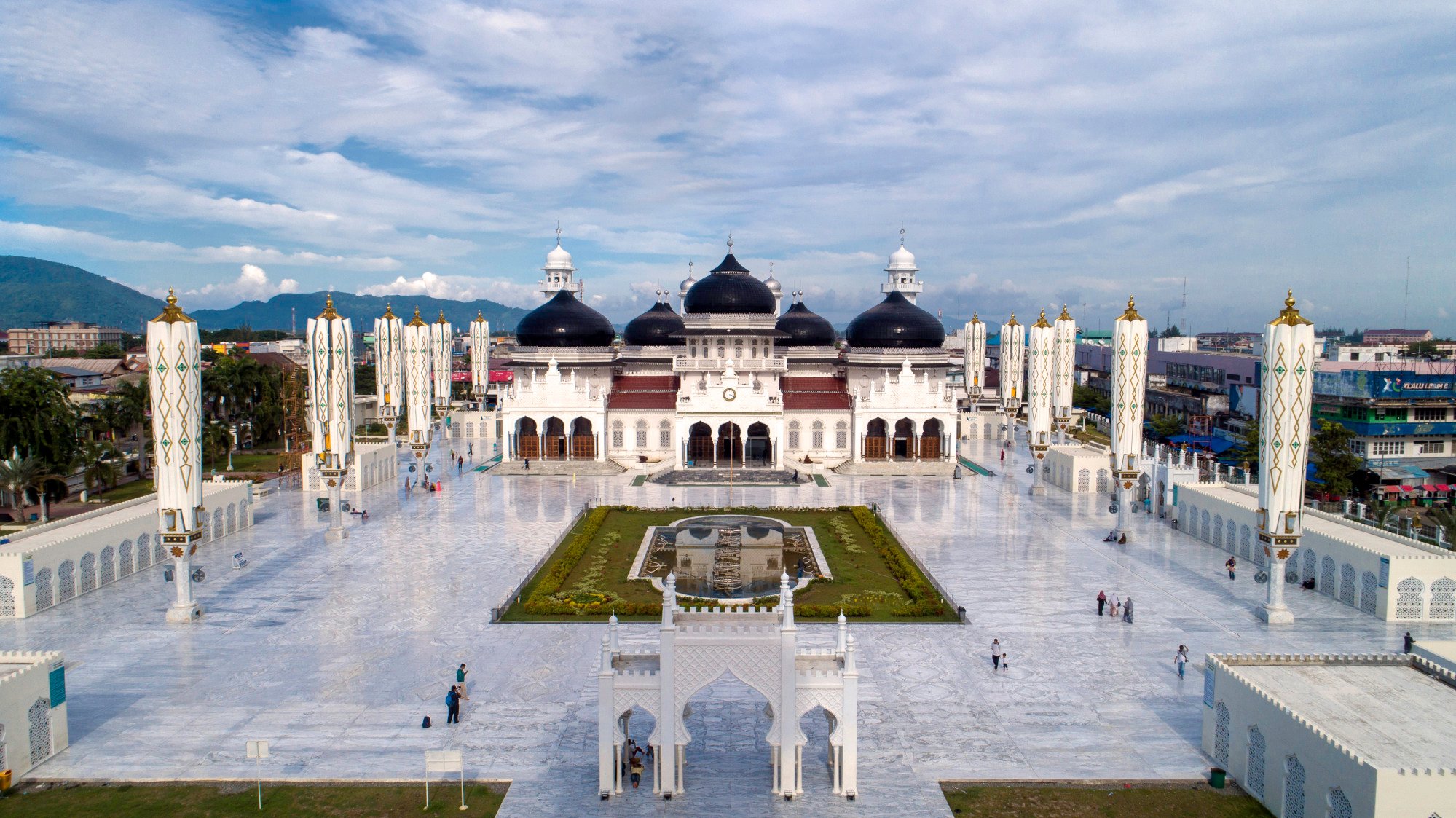
That evening, while dining at a seafood restaurant on the waterfront, I am approached by members of Aceh’s religious police force, dressed in body-hugging uniforms similar to those worn by policemen in Thailand.
They have no interest in checking my passport or ensuring that I am dressed and behaving in accordance with sharia law; they just want to say hello and welcome me to Aceh, as Westerners are a rare sight here.
When I ask whether female travellers must cover their heads like local women do, one officer says that they must only if they are Muslim. The officers have no remit to police the dress code of non-Muslims, be they foreigners or locals, and spend most of their time telling off teenagers for socialising in public with members of the opposite sex.
In Melbourne, men would often try to pick me up when I sat at cafés and even when I was studying and clearly wanted to be left alone. But in Aceh, men never bother me.
I experience the same warm welcome everywhere in Aceh: people come up to me on the street, at restaurants and in hotels and ask me where I come from and whether I’ll pose for a group selfie – something they will show their friends and family to prove they have fraternised with a bule, or foreigner.
From Banda Aceh, I ride south to the Gayo Highlands, in the geographic heart of the province.
The smooth black undulating ribbon of asphalt is edged by giant ferns and ancient hardwood trees, sluiced by raging rivers and topped with cloud-ringed mountain ranges that rise all around and as far as the eye can see.
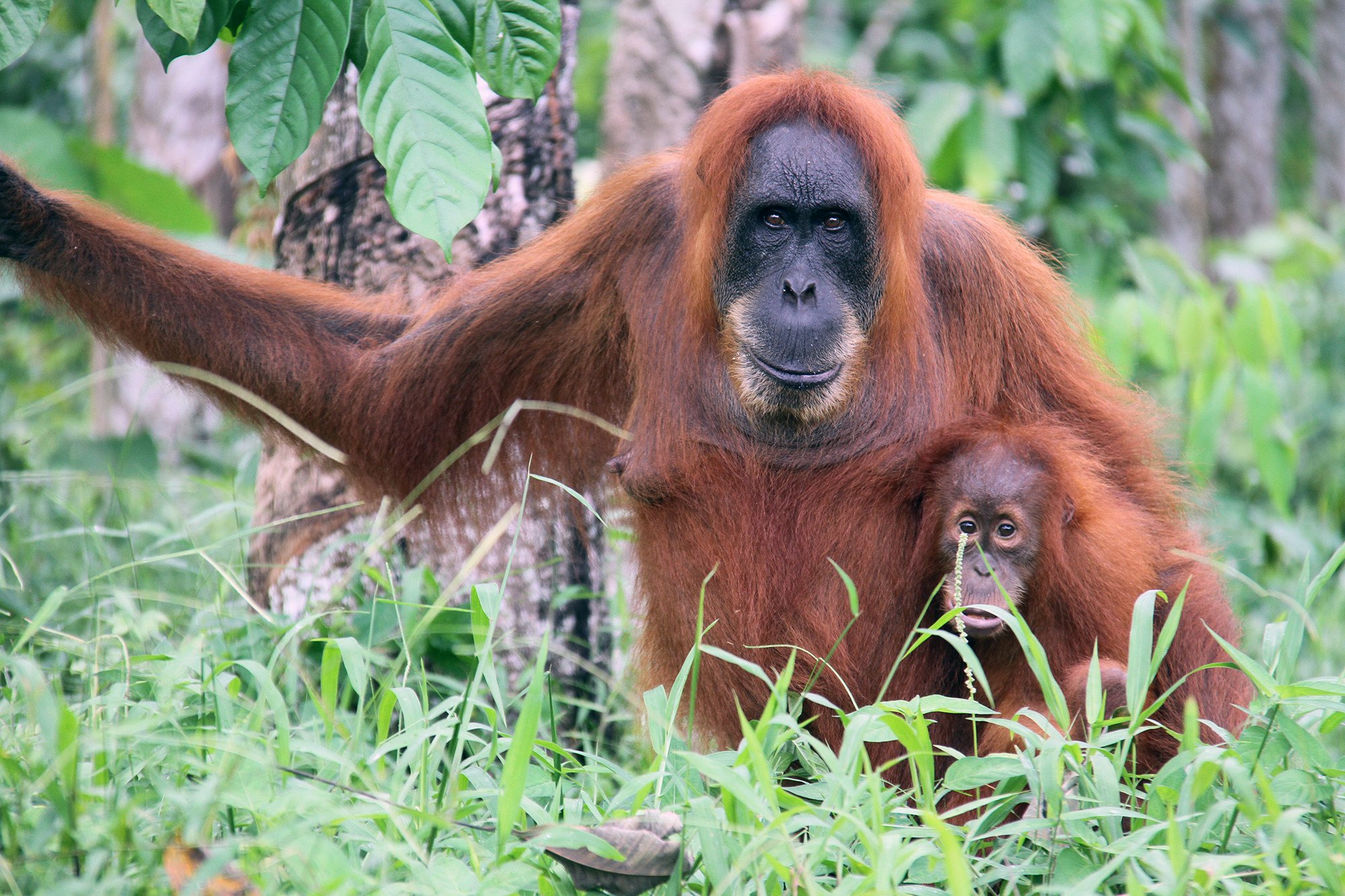
At the first mountain pass, I stop for lunch at a restaurant with panoramic mountain views and order mie Aceh – Aceh noodles.
The waiter gives me a wink before sashaying off to place my order in the kitchen, a gesture I understand only after taking a few bites of the delicious gravy and buffalo meat concoction he brings me. It is laced with marijuana.
While illegal in Indonesia, marijuana is deeply embedded in Acehnese culture and authorities turn a blind eye to its consumption.
All is not well in land of Komodo dragons with threat of huge entry fee hike
It’s used as an additive in many dishes, even in coffee and tea, is sold openly at wet markets and grows wild by the roadside. Men smoke in private, as I discover when I am invited into the home of my guide, Dicky, after a half-day trek in the Mount Leuser National Park, one of the last places in the world where you can see orangutans in the wild.
I am even more surprised when a couple of Dicky’s friends turn up with plastic bags containing a white liquid that they say is alcohol.
Despite being prohibited under sharia law, this susu (milk) is sold under the counter at corner stores throughout Aceh, and drunk by groups of men after dark, in private.
Women do not partake as it is not socially acceptable, Dicky explains, but they profit from the practice by making the booze from coconut milk, in backyard distilleries.
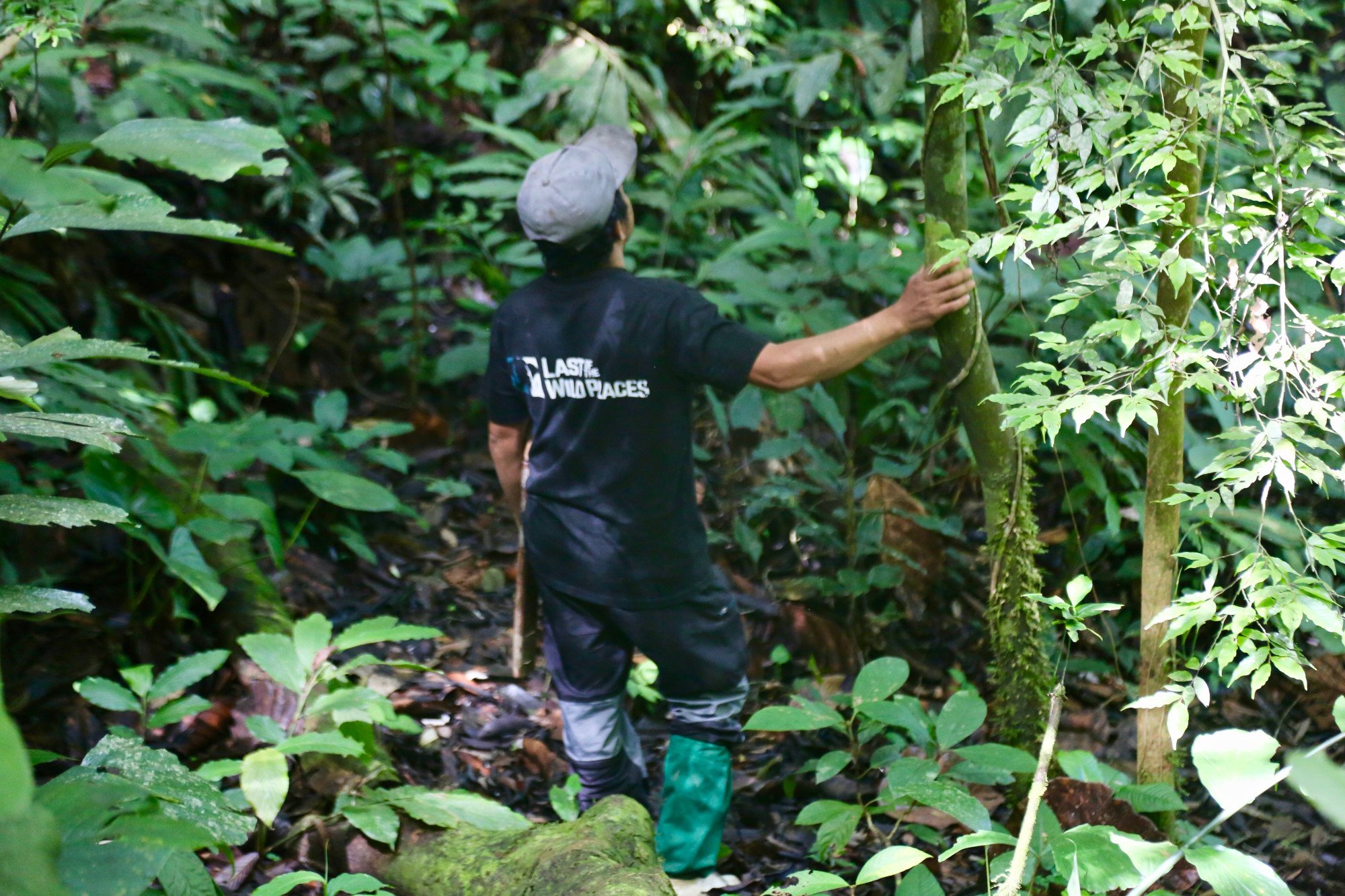
Like the arak that is consumed by locals in Bali, susu can contain dangerous quantities of methanol and can lead to blindness or death. Dicky and his friends do not seem to be concerned and drink it like water.
“People think we are all so serious in Aceh, that all we do is pray and go to the mosque,” he says, on condition that his surname be withheld. “But us Aceh guys, we love to party.”
The following day, I park by a roadhouse in the mountains in which a road crew is having breakfast.
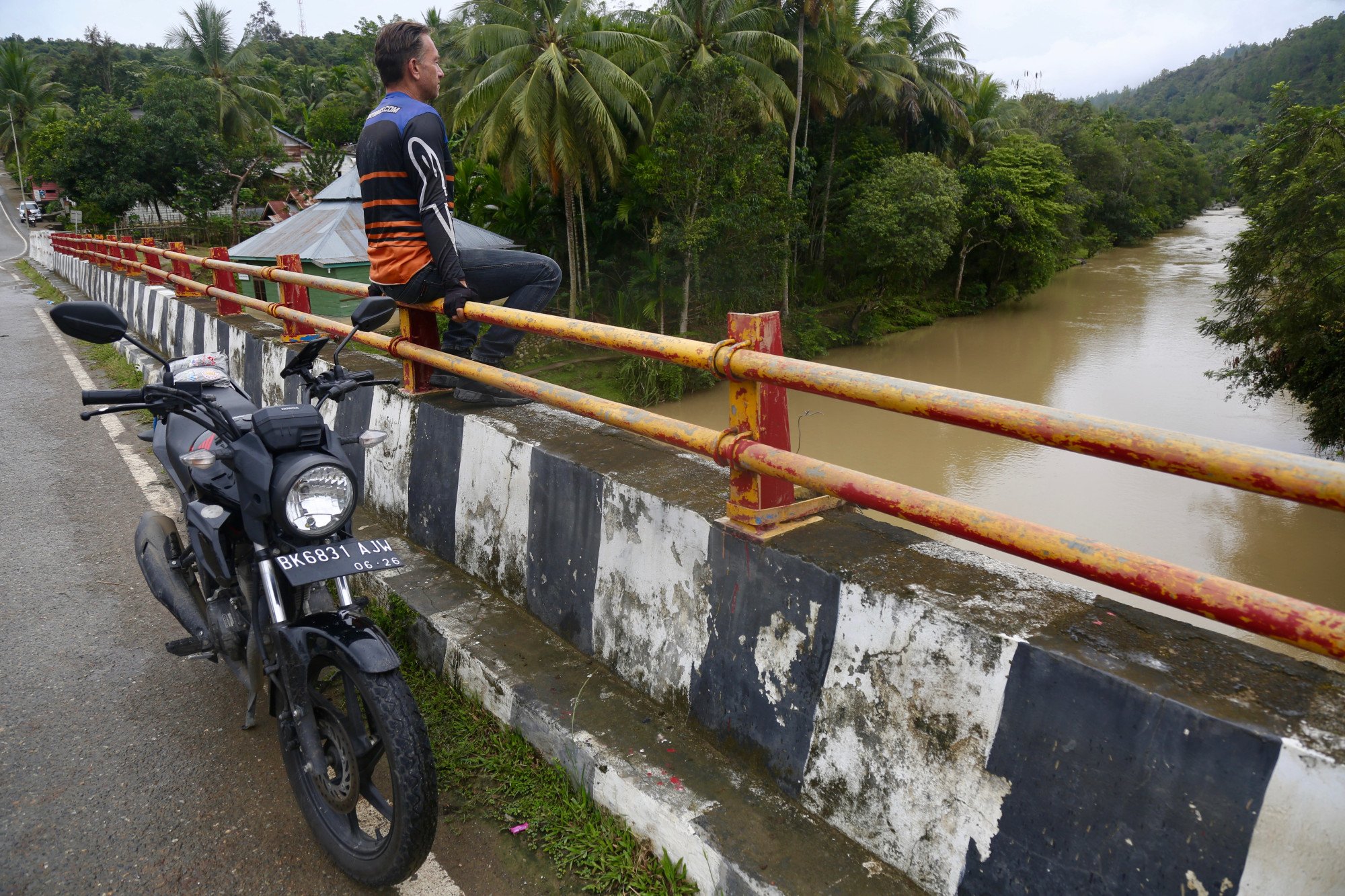
The forewoman, Dian, is a civil engineer who earned a master’s degree at a university in Melbourne, Australia. She tells me women can do all kinds of work in Aceh and she is living proof. And she feels safe in Aceh.
“In Melbourne, men would often try to pick me up when I sat at cafés and even when I was studying in the library and clearly wanted to be left alone,” she says. “But in Aceh, men never bother me.
“I don’t agree with caning, except for extreme crimes like child abuse and rape. But once in Australia, a man wouldn’t take no for an answer and followed me off the tram and down the road at night. I had to run to get away from him.
“I think if there was a possibility he could have been caned, he probably would’ve left me alone.”
After a week in Aceh, my life has been enriched with snapshots of beautiful places, fond memories of friendly faces and insight into a culture that, despite a proclivity for corporal punishment, is as rich, colourful and welcoming as in any other part of Indonesia.
Dave Smith is the pseudonym of a writer who has lived in Bali since 2017.
